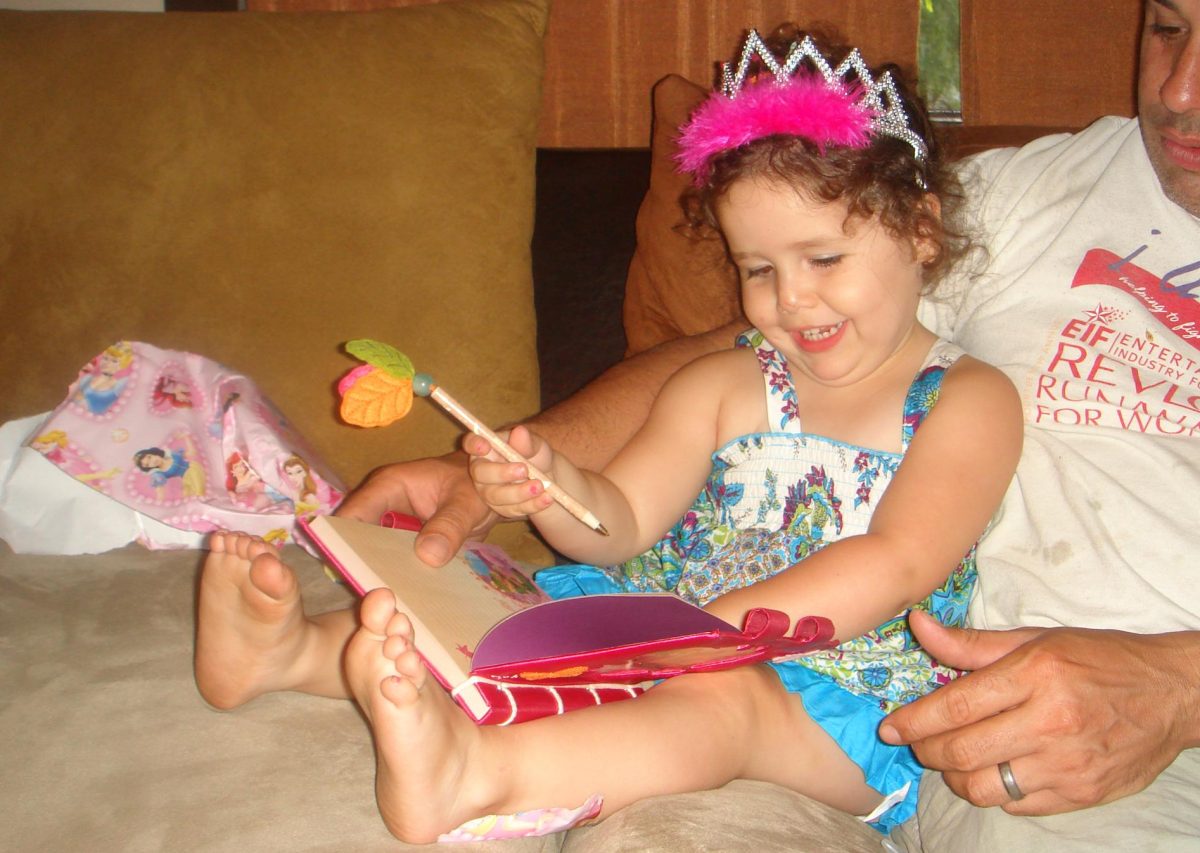The dust of the 2024 election is slowly settling, and we’re drowning in voter analysis: “How did Latinos vote?” “Why did Latinos vote this way?” “What does this mean for 2028?”
It’s predictable and frankly, exhausting.
The Latine community is politically fractured, and the reasons go deeper than talking points about “religious values” or “economic anxiety.” While these factors are frequently cited, they’re often framed in a way that obscures the larger picture. For example, religion does play a role, but political views are not simply about faith — they’re tied to broader cultural values like family unity and traditionalism, which resonate deeply for many Latinos. Similarly, economic anxiety isn’t just about job availability or wages. Financial struggles intersect with distrust in political promises and skepticism surrounding government-provided solutions, leading to a sense of disillusionment with both major political parties.
Donald Trump’s ability to frame himself as a “change candidate” capitalized on these frustrations, particularly in majority-Latine areas like South Florida and the Texas-Mexico border. His messaging tapped into feelings of disappointment with the status quo, enabling him to secure 42% of the Latine vote — the highest for any Republican presidential candidate.
It’s tempting to blame disinformation or dismiss conservative-leaning Latine voters as outliers. But the truth is far more disappointing: The Latine community failed itself. According to AS/COA, “Latino support for the Democratic presidential nominee hit a record low in 2024.”
Donald Trump made historic progress for a Republican candidate. The Republican rhetoric that claims to champion “hard work” and “family values” often feels hollow when paired with policies that weaken worker protections, restrict healthcare access and leave undocumented families vulnerable. Yet, many in our community bought into it.
How can we as Latines not be angry? Angry at a system that doesn’t serve us, angry at candidates who pay us lip service and after Election Day and angry at our own community for falling for lies we should recognize by now. The results of this election sting because they’re not just about who won or lost, but about the missed opportunities, the lack of unity and the deep fractures within our community.
The old story of a disregarded community waiting for a savior — from the left or the right — isn’t working. We need a different variety of candidates, yes, but we also need more voter education, community-led initiatives and a commitment to holding leaders accountable.
According to a poll from the UnidosUS, “More than 48% of Latino voters [had] not been contacted at all by either party of their candidates.” This lack of outreach highlights a disconnect between political rhetoric and the realities Latines face, especially when policies like family separation or the absence of meaningful pathways to citizenship fail to align with promises of inclusion. Similarly, claims of economic sound insincere when paired with actions such as weakening labor protections or cutting safety-net programs — policies that disproportionately harm Latine families.
The future is uncertain, and that’s putting it lightly. Latine voters, like everyone else, will be grappling with the consequences of this election for years to come. The next four years will be a reminder that we can’t rely on either side of this toxic two-party system to fix things.
Republicans cloak harmful policies in the language of family values, and Democrats assume our loyalty without earning it, showing up only when elections are near. We’ve been burned too many times by promises that dissolve after the campaign confetti is swept up.
We need leaders who come from our communities and understand our struggles — not outsiders who show up when it’s convenient. It’s abundantly clear that we have to take ownership of our own future.
History shows we’re capable of this. The United Farm Works movement, led by figures like Cesar Chavez and Dolores Huerta, fought tirelessly for labor rights that changed lives. These victories weren’t handed to us, they were built by us.
We need to make sure our issues aren’t just buzzwords during an election season but prioritized year-round. This means more voter education, not just about how to vote, but why it matters and what’s at stake. It means exposing lies and misinformation early and often. It also means holding leaders accountable, calling them out when they fail us and replacing them if necessary.
The next few years are going to be tough. We have to fight for what’s ours, push for the policies that support working-class families, advocate for immigrants’ rights and make sure we don’t fall for the same lies that got us here in the first place.
Because if we don’t, we’ll be left with the same frustrations, the same failures, and the same feeling that nothing ever changes.
















